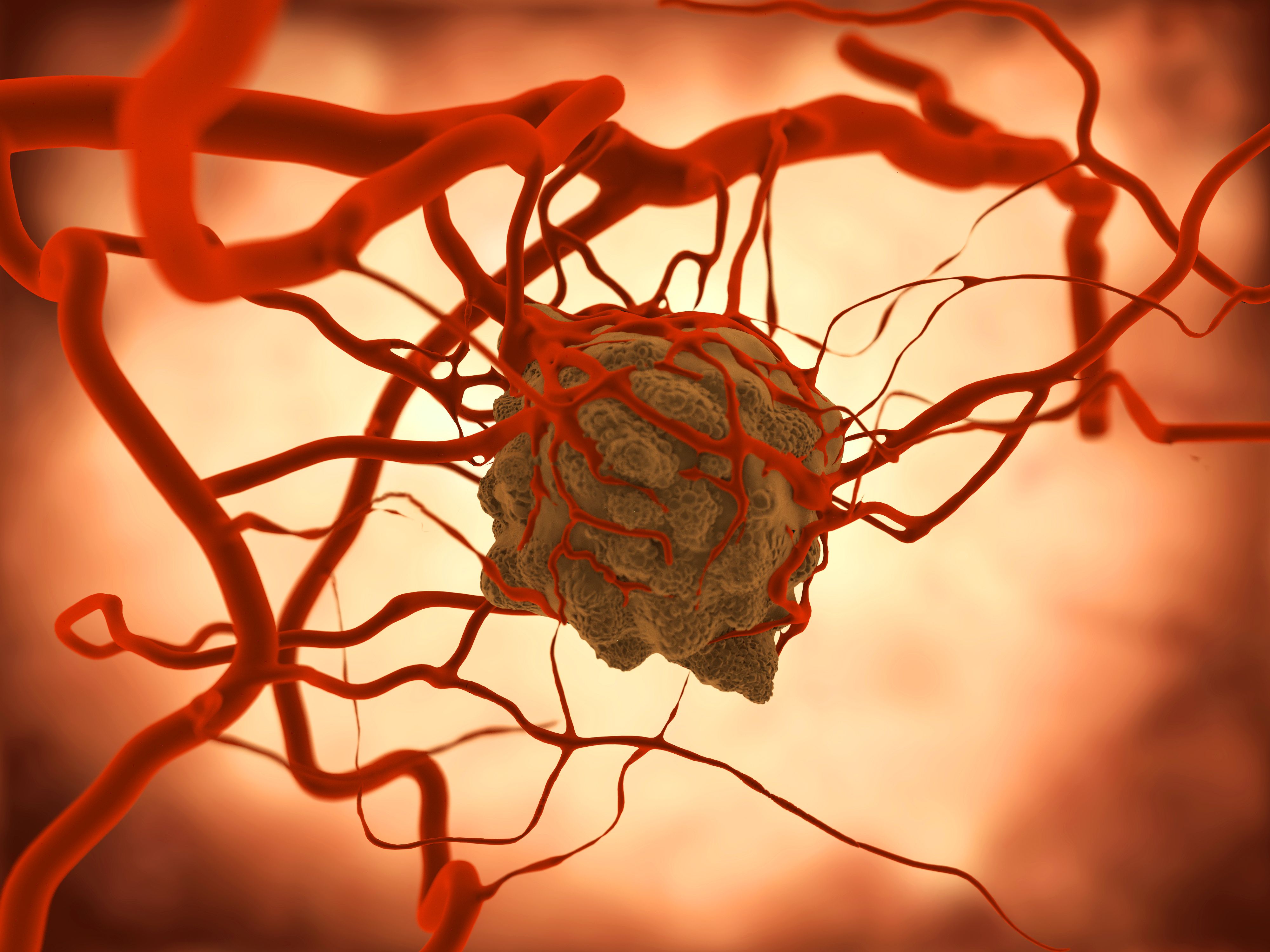Combatting Tumor Metabolites with Chemical Derivatization-Based Chromatography
Tumors can harm the human metabolic system in several ways. To better understand how this can be prevented, a group of scientists from Hangzhou Normal University in China, whose work was published in the Journal of Chromatography A, investigated a new means of measuring aberrant metabolites (1).
Tumor | Image Credit: © Juan Gärtner - stock.adobe.com

Tumor cells rely on metabolic reprogramming, which involves several processes such as fatty acids syntheses and glutaminlysis, to reduce stress necessary for survival. This has led into extensive research into metabolic reprogramming and the creation of various treatments. Common techniques, such as liquid chromatography-mass spectrometry (LC–MS) and gas chromatography-mass spectrometry (GC–MS), have been ineffective in this process due to strong polarities, isomerism, or low ionization efficiencies during MS detection. However, chemical derivatization of metabolites may prove to be a more effective method for metabolic reprogramming.
Epoxydocosapentaenoic acids (EDPs) derived from omega-3 fatty acids can slow down blood vessel creation and endothelial cells’ movements, while phosphoglycerate dehydrogenase (PHGDH) was discovered to impede the production of nucleotides from glycolytic serine, a critical source of single carbons in breast cancer. These metabolic vulnerabilities can pave the way for more effective means of combatting tumor cells by helping identify them quicker.
Chemical derivatization is a promising field, and there seems to be more room to grow with how these techniques can be used. In the future, these methods may be able to impact how medical professionals can detect and combat tumor growth can change and grow to be more effective than previously thought.
Reference
(1) Advancements in Analyzing Tumor Metabolites through Chemical Derivatization-Based Chromatography. J. Chromatogr. A. 2023, 1706, 464236. DOI: https://doi.org/10.1016/j.chroma.2023.464236
Investigating 3D-Printable Stationary Phases in Liquid Chromatography
May 7th 20253D printing technology has potential in chromatography, but a major challenge is developing materials with both high porosity and robust mechanical properties. Recently, scientists compared the separation performances of eight different 3D printable stationary phases.
Detecting Hyper-Fast Chromatographic Peaks Using Ion Mobility Spectrometry
May 6th 2025Ion mobility spectrometers can detect trace compounds quickly, though they can face various issues with detecting certain peaks. University of Hannover scientists created a new system for resolving hyper-fast gas chromatography (GC) peaks.
Altering Capillary Gas Chromatography Systems Using Silicon Pneumatic Microvalves
May 5th 2025Many multi-column gas chromatography systems use two-position multi-port switching valves, which can suffer from delays in valve switching. Shimadzu researchers aimed to create a new sampling and switching module for these systems.
Characterizing Polyamides Using Reversed-Phase Liquid Chromatography
May 5th 2025Polyamides can be difficult to characterize, despite their use in various aspects of everyday life. Vrije Universiteit Amsterdam researchers hoped to address this using a reversed-phase liquid chromatography (RPLC)-based approach.

.png&w=3840&q=75)

.png&w=3840&q=75)



.png&w=3840&q=75)



.png&w=3840&q=75)


